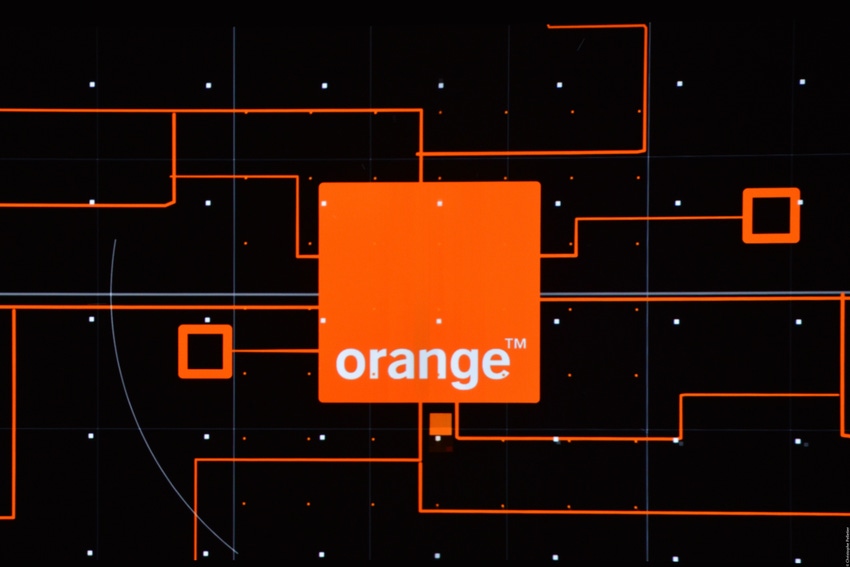Orange backs LoRa for IoT by joining Alliance board
Orange has officially joined the LoRa alliance in a bid to drive the growth of the low power WAN protocol.
May 19, 2016

Orange has officially joined the LoRa alliance in a bid to drive the growth of the low power WAN protocol.
Having previously selected LoRa as its platform for a nationwide IoT roll out, Orange has committed to the organisation’s community by joining as a board member. Fellow French operator Bouygues is also an active participant on the board, as are IBM, Cisco and Bosch, as some of the most notable participants.
A number of global operators are adopting LoRa as its default low power WAN choice for IoT implementation, with KPN, Du, Swisscom and Telkomsel. It looks like operators in the French market are polarised as to which protocol to adopt, with Altice-owned SFR investing heavily in the competing Sigfox protocol.
Orange claims it is the largest operator to adopt the LoRaWAN standard to date, and extensively trialled LoRa as a platform in Grenoble with over 30 partners last year. At the time, it confirmed it will be building out an IoT network across France to provide a foundation for future smart city applications. Orange said at the time it plans to be generating €600 million from IoT services by 2018, and its further participation in LoRa represents a significant statement of intent.
“The development of the Internet of Things is expected to surge in the coming years,” pointed out Mari-Noëlle Jégo-Laveissière, Senior Executive VP for Innovation, Marketing and Technologies at Orange. “As a part of our new Essentials2020 strategic plan and the announcement of our France-wide LoRaWAN network, we have decided to take an active role in driving the success of the LoRa Alliance. LoRaWAN is complementary to our overall strategy for Internet of Things. LoRa Alliance and LoRaWAN meet customers feature expectations, our business model and has the largest LPWAN eco-system.”
According to Orange, it is backing LoRaWAN networks due to its cost efficient deployment for a wide range of IoT and M2M applications, including industrial IoT features such as metering, maintenance, precision farming, intelligent building and smart cities.
About the Author(s)
You May Also Like











_1.jpg?width=300&auto=webp&quality=80&disable=upscale)


.png?width=800&auto=webp&quality=80&disable=upscale)